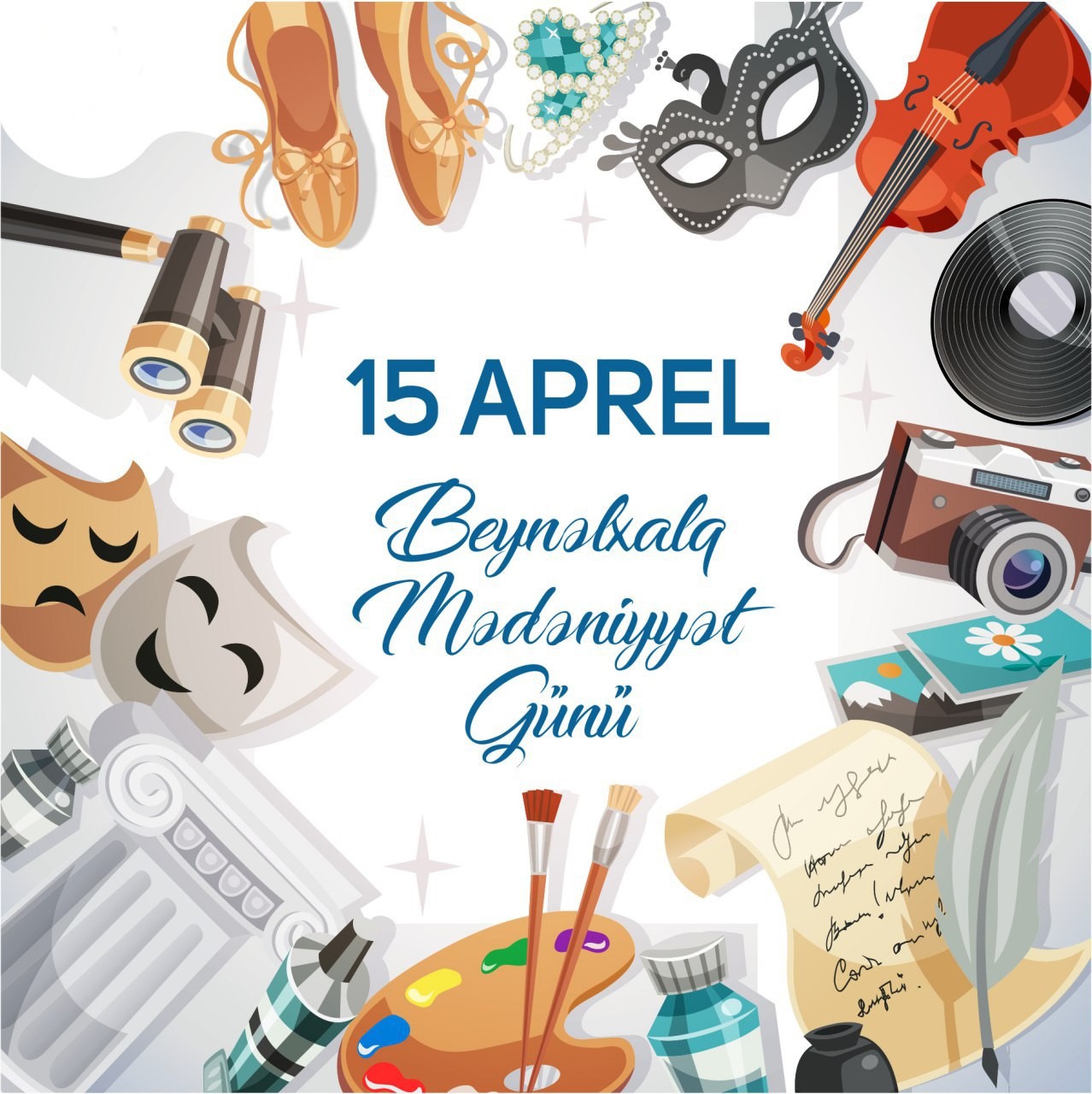Universal Day of Culture
 The world celebrates Universal Day of Culture every year on April 15. This date is associated with the agreement signed in Washington on April 15, 1935 "On the protection of artistic and scientific institutions and historical monuments", which became known in international legal practice as the Roerich Pact.
The world celebrates Universal Day of Culture every year on April 15. This date is associated with the agreement signed in Washington on April 15, 1935 "On the protection of artistic and scientific institutions and historical monuments", which became known in international legal practice as the Roerich Pact.
The idea of creating rules governing the protection of historical and cultural monuments from the destructive effects of external forces belongs to the artist and philosopher Nikolai Roerich. At the beginning of the 20th century, during the wars and the redistribution of territories, while studying ancient monuments, he understood how important it was to preserve them, and in 1914 he appealed to the Russian government and the governments of other warring countries with a proposal to ensure the preservation of cultural values by concluding an appropriate international agreement. However, this appeal remained unanswered at that time. In 1929, Roerich prepared and published a draft treaty on the protection of cultural property, accompanied by an appeal to the governments and peoples of all countries. Albert Einstein, Bernard Shaw, H.G. Wells, Thomas Mann and many other famous figures of culture and science of that time spoke in support of the idea of Nicholas Roerich.
After this, N. Roerich continues to work on the Pact. Later, in 1931, during the First International Conference of the Roerich Pact in Belgium, he proposed the introduction of Universal Day of Culture. As a result, on April 15, 1935, at the White House in Washington, the heads of 21 states signed the first international treaty in the history "On the protection of institutions serving the purposes of Culture, Science and Art, as well as historical monuments", named after its creator, “the Roerich Pact”. In 1935, a festive event dedicated to the Banner of Peace, the official symbol of the Roerich Pact, was held in New York. The artist depicted it as a red circle with three circles in the middle on a white background.
In 1998, the public organization “International League for the Defense of Culture,” founded two years earlier by the International Center of the Roerich, took the initiative to celebrate the day of signing the Pact as Universal Day of Culture. This is a public organization whose activities are aimed at protecting and enhancing the achievements of culture, art, science, and religion. The International Movement for the affirmation of April 15 as Universal Day of Culture under the Banner of Peace was established in December 2008 on the initiative of public organizations from Russia, Italy, Spain, Argentina, Mexico, Cuba, Latvia, Lithuania.
The Roerich Pact is considered the first international document for the protection of cultural heritage. The document was signed by about 20 countries. Later, a number of provisions of this pact were reflected and developed in documents of the UN and UNESCO relating to cultural heritage.
Since ancient times, Azerbaijan has been recognized as a rich part of world culture and has contributed to the cultural development of mankind. Historically, the Azerbaijani people have preserved their cultural identity and presented it to future generations. This uniqueness of our country is also connected with multiculturalism. That is, historically, representatives of different religions and nationalities have lived in Azerbaijan with tolerance. This coexistence, which is an example for the whole world, was accompanied not by problems and conflicts in our country, but by cultural wealth.
Today, Azerbaijan is known internationally for its rich cultural heritage. Our country also closely cooperates with the world's largest cultural organization UNESCO, through which the cultural values of Azerbaijan are promoted in the world. A large number of samples of our tangible and intangible cultural heritage are included in the relevant UNESCO lists.
Recommended literature:
- Qasımov, Xeyirbəy Sabir oğlu. Azərbaycan mədəniyyəti : XVI-XVII əsrlər: monoqrafiya / X. S. Qasımov ; elmi red. O. Ə. Əfəndiyev. - Bakı : Nurlan, 2002. - 170 s. ;
- Azərbaycan Respublikasında mədəniyyət siyasəti = Cultural policy in the Republic of Azerbaijan = Культурная политика в Азербайджанской Республике / Azərbaycan Respublikası Mədəniyyət Nazirliyi. - Bakı : [n. y.], 2001. - 106 s.
- Mədəniyyətimizin və mədəni incilərimizin hamisi : Heydər Əliyev Fondunun və Azərbaycan Mədəniyyətinin Dostları Fondunun prezidenti, YUNESKO və İSESKO-nun xoşməramlı səfiri, Milli Məclisin deputatı, Azərbaycanın Birinci xanımı Mehriban Əliyevanın mədəniyyət sahəsində fəaliyyəti: dövri mətbuat materialları əsasında tərtib edilmişdir: 1995-2007 / tərt., elmi red. S. Y. Məmmədəliyeva. - Bakı : NPM Nurlar, 2007. - 424 s.